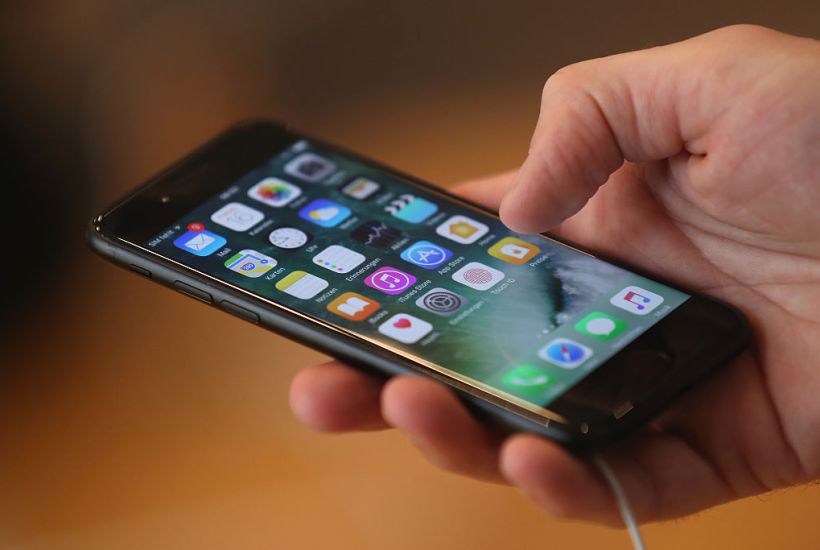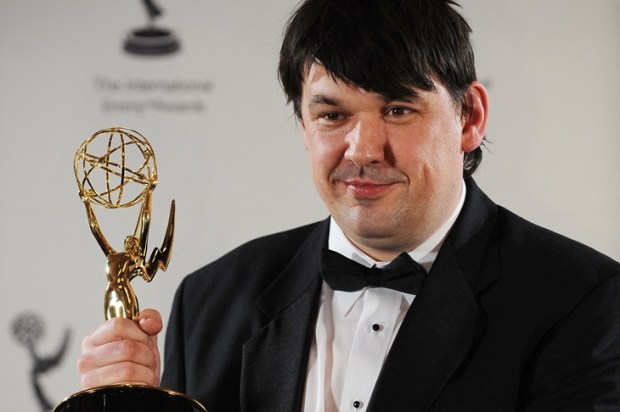As a Member of the New South Wales Parliament, I often have the opportunity to participate in various committees and inquiries. One of the committees I am a member of is the Committee for Children and Young People. Recently, we heard evidence in relation to emerging technologies that allow schools to monitor the keystrokes of their students with the intention of keeping them safe from harm.
The technology in question is similar to tracking technologies used by companies to target advertising or by employers and government departments to prevent access of prohibited websites. In fact, the Department of Education already use such programs on their computers to flag keywords and report users.
Of great concern, however, was the evidence committee members heard in relation to taking this technology one step further, and monitoring the behaviours of students in ways that are more intrusive than ever before.
The program, which is already being implemented in the United Kingdom and is additionally being trialled in Western Australia, would see private contractors being given access to data from all school devices with the intention of tracking and monitoring the words, images, and videos being accessed by students in order to identify a range of different behaviours. These behaviours may include child abuse, grooming, (cyber-) bullying, anxiety, depression, and tendencies toward self-harm. The company will flag these instances and will report back to the school with the relevant data and the student number of that user.
This raises a raft of questions with respect to protecting the privacy of students, and the provision of safeguards to keep such data secure. Additionally, the question beggared is with relation to what obligations there are to report illegal and other activity. However, with these all in mind, there appears to be an all the more significant question: “Should we even be doing this in the first place?”
Never before in human history have we possessed such enormous capacity to monitor our children in this way. However, the mere availability of a practice does not portend the notion that it must, or even should be practiced. It appears to me to present a significant risk of normalising the idea of personal surveillance for a generation of young Australians. Most parents would not want their children to reach adulthood already desensitised to being monitored in such an invasive way.
There is certainly potential for this technology to be used for good – that cannot be discounted. The prospect of being able to intervene and take early action in cases of abuse or mental health problems is tempting, and I resonate strongly with any policy that helps to create an environment where our children can grow up safely. Equally tempting, however, is the notion that every criminal could be caught pre-emptively if governments were granted unprecedented access to our personal data. If the dangers and limitations present in such lines of thought are clearly perceived, then surely we ought to be applying even greater caution when it comes to dealing with our children. The potential good must be weighed against the inherent cost to privacy, and many would argue that the cost is too high. After all, this technology seems an awful lot like sugar-coated malware.
Many Australians already have concerns about the erosion of free speech and the heavy hand of big government punishing supposedly ‘offensive’ views. You need only read about the experiences of Bishop Julian Porteous in Tasmania, or the Queensland University Students who were hauled before the Australian Human Rights Commission to know that these concerns are well and truly founded.
Once consent is given to governments to access a significant amount of information pertaining to our personal lives (and our children’s lives no less!), it will be incredibly difficult task to reverse. There is a real danger here, that this kind of software could be used in the near future to enforce politically-correct, neutered language and to indoctrinate our children towards a particular worldview. The prescribed definition of what is considered ‘harmful’ may not align with the expectations of parents, as we are already beginning to experience in relation to speech advocating for traditional marriage or binary genders. What else could be added to the ever-increasing list of behaviours that these programs will look for in the future, and will such behaviours be monitored and reported too?
We have had, after all, the ability for several decades now to place surveillance cameras and listening devices in classrooms if we genuinely thought that monitoring these behaviours was more important than personal privacy. We have, however, chosen not to. I am convinced that we have done so for fear of creating exactly the kind of scenario that the likes of Orwell and Huxley were warning us about when they created in vivid detail their dystopian worlds.
These kinds of dilemmas will become increasingly common as technology allows us to do things in ways that we never could before. In this instance, however, the cost to personal privacy is too high for the potential good. There are so many incredible teachers out there, and I would prefer that we parents would work in partnership with them to address these issues rather than outsource these duties to an Orwellian private contractor.
Damien Tudehope is Member for Epping in the New South Wales Parliament.
Got something to add? Join the discussion and comment below.
Got something to add? Join the discussion and comment below.
Get 10 issues for just $10
Subscribe to The Spectator Australia today for the next 10 magazine issues, plus full online access, for just $10.


























Comments
Don't miss out
Join the conversation with other Spectator Australia readers. Subscribe to leave a comment.
SUBSCRIBEAlready a subscriber? Log in